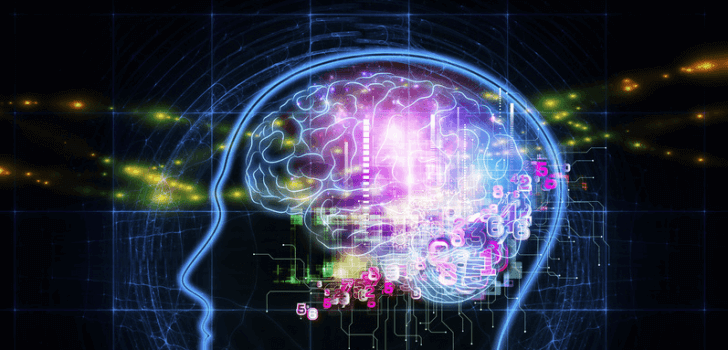While no one has yet discovered a single gene that controls a person’s intelligence, British scientists have published new research that indicates they have made progress in beginning to understand the mechanisms of such intelligence.
Michael Johnson, a neurologist at the Imperial College London, reports in Nature Neuroscience that his team may have discovered that two networks of genes lie behind the human abilities to laterally think, compute mental math, strategically plan and conduct tricky crossword puzzles.
Johnson pointed out that, “Intelligence is a composite measure of different cognitive abilities and how they are distributed in a population. It doesn’t measure any one thing. But it is measurable.”
Scientists are able to attribute about 40% of a person’s intelligence to inheritance. The other 60% remains uncertain.
Johnson said that, “The idea of ultimately using drugs to affect cognitive performance is not in any way new. We all drink coffee to improve our cognitive performance. It’s about understanding the pathways that are related to cognitive ability both in health and disease, especially disease so one day we could help people with learning disabilities fulfil their potential. That is very important.”
The researchers reported that two neural networks, known as M1 and M3, also play a role in neurodevelopmental illnesses such as autism spectrum disorder, schizophrenia and epilepsy. The functions do not seem to overlap, and it is unclear as to the role of each network.
Johnson says that, “We know that genetics plays a major role in intelligence but until now haven’t known which genes are relevant. This research highlights some of the genes involved in human intelligence and how they interact with each other. What’s exciting about this is that the genes we have found are likely to share a common regulation, which means that potentially we can manipulate a whole set of genes whose activity is linked to human intelligence.”
The Imperial College scientists examined 100 mouse brains, 122 human brain samples, and 102 postmortem whole human brains. Genetic indicators linked between neurodevelopmental problems or memory and understanding were then compared against the records of 6,732 people found in a family health study.
The study assessed a range of cognitive abilities and then combined the results with genetic information donated by healthy individuals who had taken IQ tests.
Johnson revealed that, “Traits such as intelligence are governed by large groups of persons working together – like a football team made up of players in different position. We found that some of these genes overlap with those that cause severe childhood onset epilepsy or intellectual disability.”
He added that, “Eventually we hope that this sort of analysis will provide new insights into better treatments for neurodevelopmental disease such as epilepsy, and ameliorate or treat the cognitive impairments associated with these devastating diseases.”
